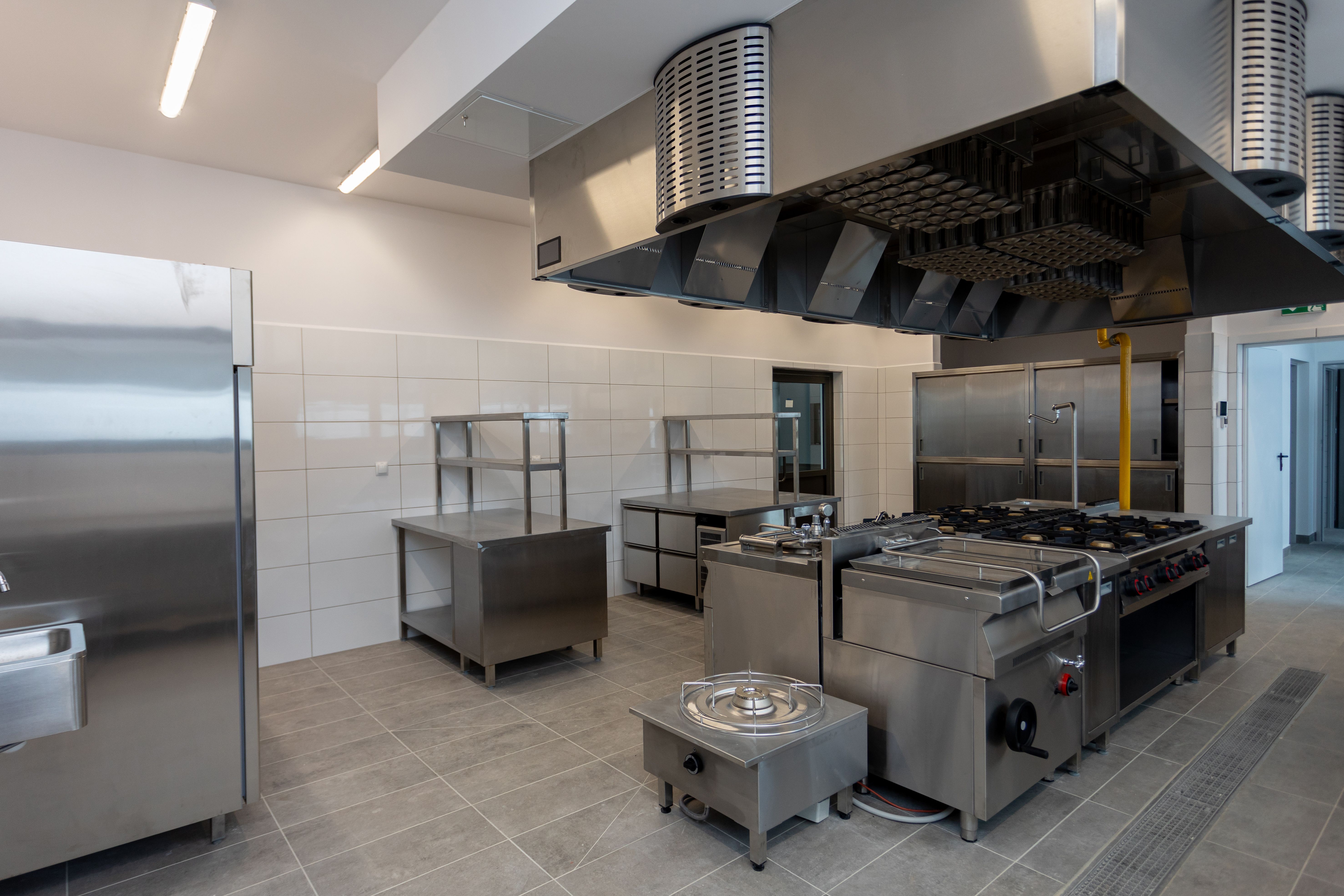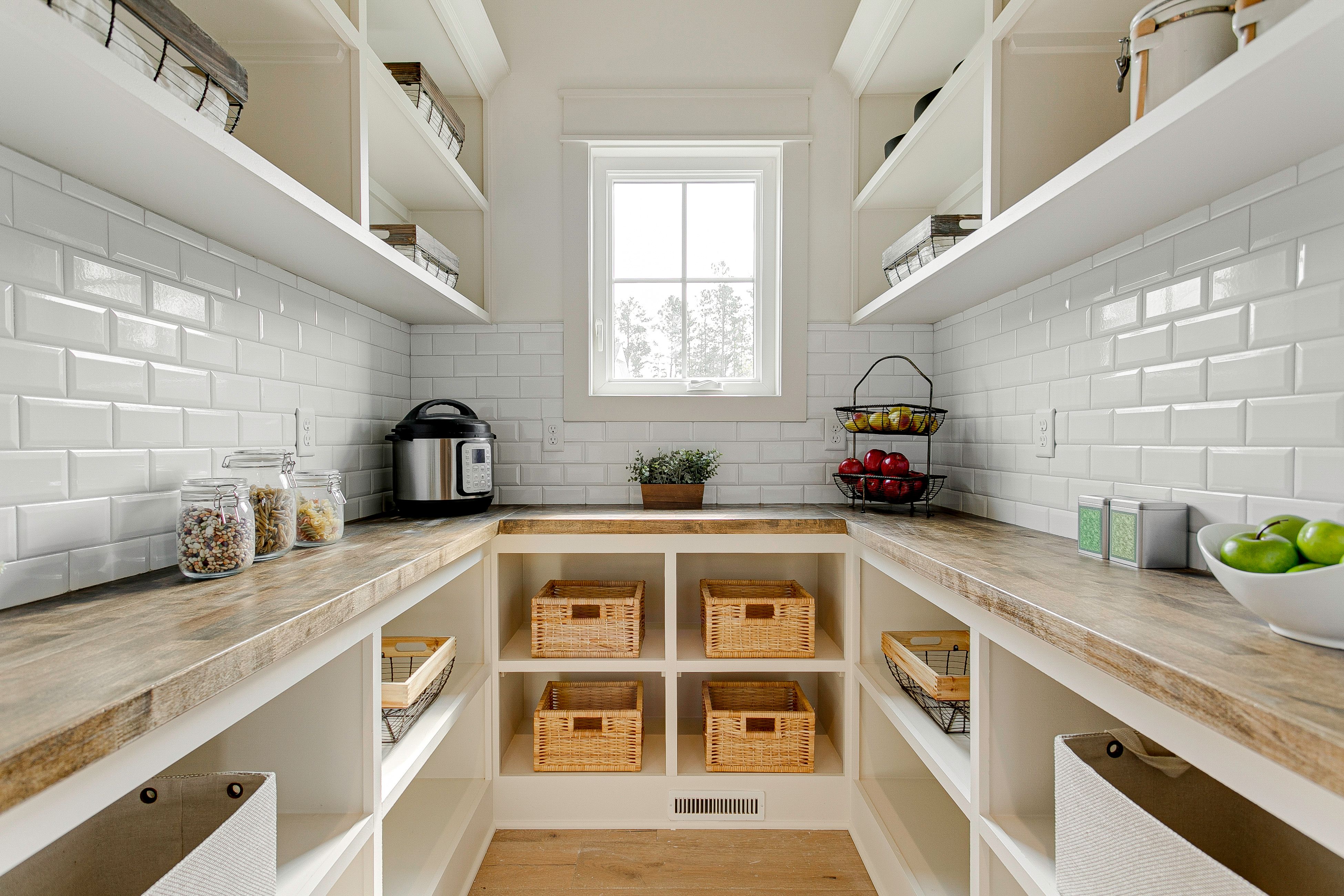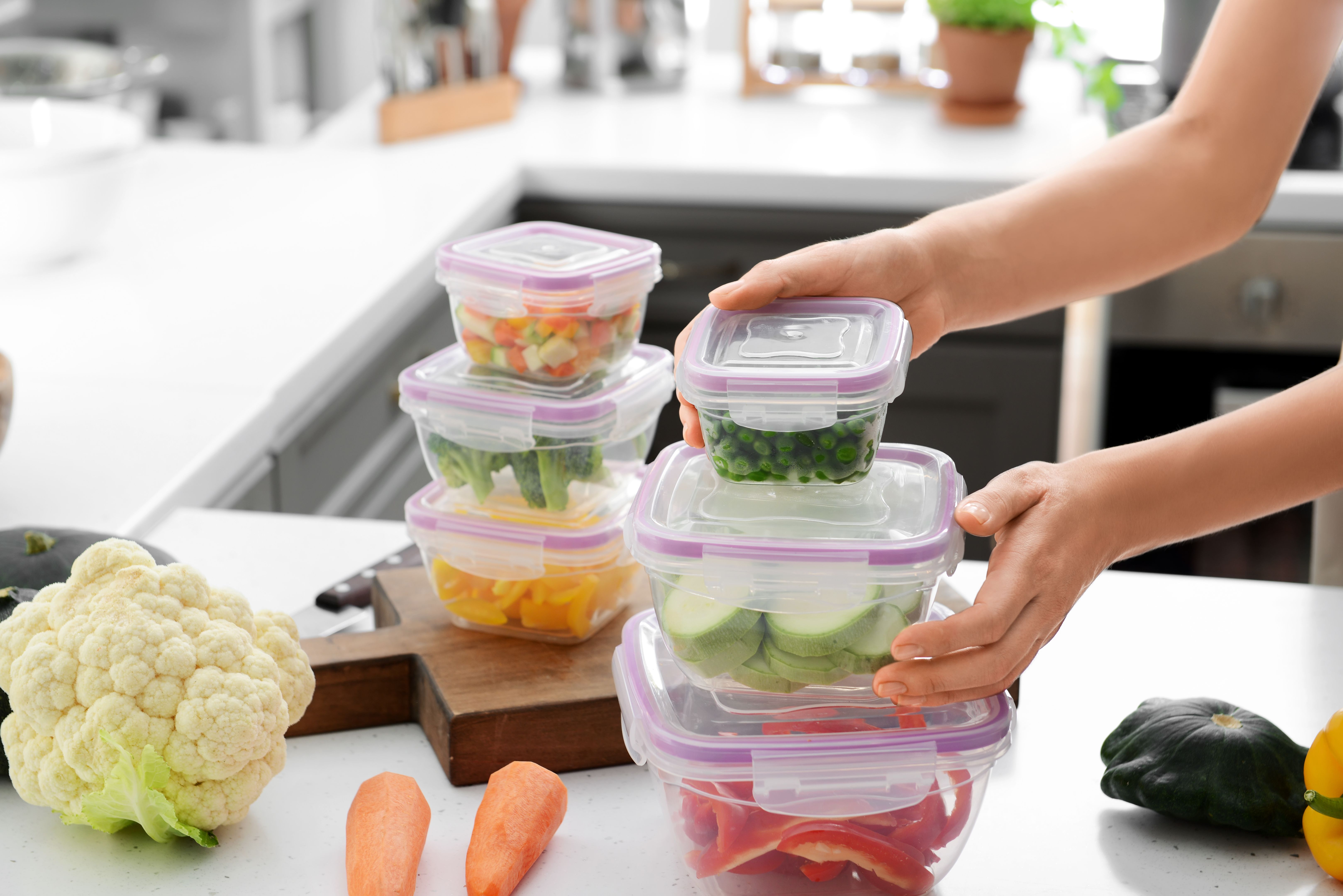Efficient Kitchen Management with Commercial Food Storage Containers
Introduction to Efficient Kitchen Management
Managing a commercial kitchen efficiently requires careful planning and organization. One of the key components of a successful kitchen management strategy is the use of commercial food storage containers. These containers not only help in maintaining the quality and safety of food but also play a crucial role in optimizing space and reducing waste.
In this post, we'll explore the benefits of using commercial food storage containers and how they can contribute to a more organized and productive kitchen environment.

Benefits of Commercial Food Storage Containers
Commercial food storage containers offer several advantages that make them indispensable in a busy kitchen. Here are some of the most significant benefits:
Preservation of Food Quality
The primary function of food storage containers is to preserve the freshness and quality of food. By keeping food items sealed and protected from external contaminants, these containers help in extending the shelf life of ingredients.
Space Optimization
A cluttered kitchen can lead to inefficiencies and increased stress for kitchen staff. Properly labeled and stacked food storage containers facilitate better organization, making it easier to locate ingredients quickly. This optimization not only saves time but also maximizes the available storage space.

Choosing the Right Containers
Selecting the appropriate food storage containers is essential for maximizing their benefits. Consider the following factors when choosing containers for your kitchen:
Material and Durability
Food storage containers come in various materials, such as plastic, glass, and stainless steel. Each material has its advantages. For instance, plastic containers are lightweight and affordable, while glass containers are great for long-term storage due to their non-reactive nature. Stainless steel, on the other hand, is highly durable and ideal for storing certain foods.
Size and Shape
The size and shape of containers should align with the specific needs of your kitchen. Investing in a variety of sizes can accommodate different quantities of ingredients, while stackable designs can help in saving space.

Best Practices for Using Food Storage Containers
To ensure that your commercial kitchen runs smoothly, it's essential to implement best practices when using food storage containers:
- Labeling: Clearly label each container with the contents and date of storage to prevent confusion and reduce food waste.
- Regular Cleaning: Maintain hygiene by cleaning containers regularly to prevent contamination.
- Proper Sealing: Ensure that all containers are sealed tightly to maintain food freshness.
Conclusion
Incorporating commercial food storage containers into your kitchen management strategy can significantly enhance efficiency and productivity. By preserving food quality, optimizing space, and implementing best practices, you can create a well-organized kitchen environment that supports your culinary operations.
Start by assessing your current needs and gradually introducing suitable containers to experience the long-term benefits they offer.
Commercial Kitchen Marketplace
Your one-stop online destination for equipping professional kitchens. Discover a wide selection of durable, high-quality commercial-grade appliances, from heavy-duty ovens and refrigeration units to efficient food preparation tools and essential kitchenware. Visit our store: http://avice.org
